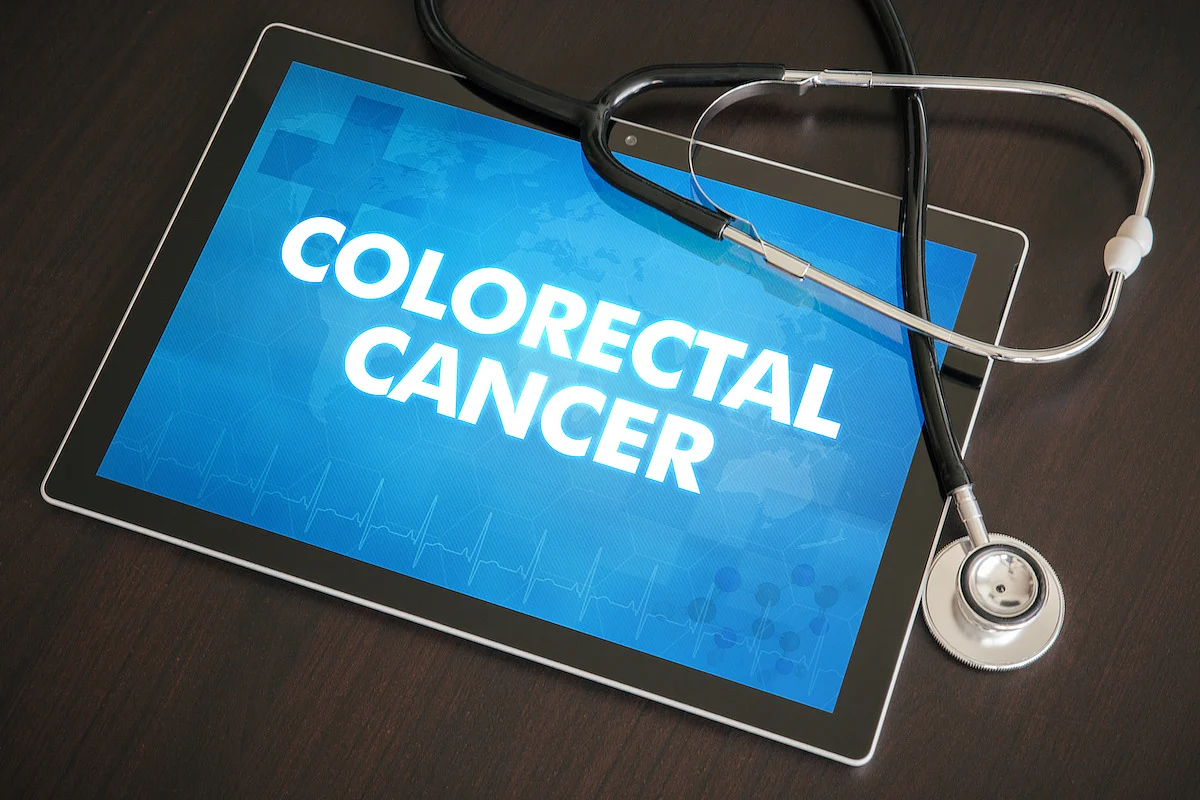Sending Unsolicited Stool Test Kits The Best Way To Boost Colon Cancer Screening, Study Argues
By Dennis Thompson HealthDay Reporter
Medically reviewed by Drugs.com
 via HealthDay
via HealthDayTHURSDAY, Aug. 7, 2025 — Automatically mailing a stool test kit to people’s homes might be the best way to boost colon cancer screening among younger adults, a new study says.
More 45- to 49-year-olds went ahead with cancer screening when they received an unsolicited stool test kit in the mail, rather than having to actively opt into screening or choose a test, researchers reported Aug. 4 in the Journal of the American Medical Association.
“Removing the need for patients to actively opt into screening can lead to better outcomes, particularly when trying to engage younger, generally healthy adults who may not yet perceive themselves at risk for cancer,” senior researcher Dr. Folasade May said in a news release. She’s a gastroenterologist and cancer prevention researcher at the UCLA Health Jonsson Comprehensive Cancer Center.
The American Cancer Society (ACS) lowered its recommended age to begin colon cancer screening from 50 to 45 in 2018, and the U.S. Preventive Services Task Force followed suit in 2021, researchers said in background notes.
This move has increased the detection of early-stage colon cancers among people 45 to 49, according to ACS-led studies also published Aug. 4 in JAMA.
But overall rates of colon cancer screening remain low among that age group, with one recent study finding that fewer than 2% get tested, researchers said.
“When national guidance recommended screening adults age 45 to 49 for colorectal cancer for the first time, it wasn’t clear how to best reach and screen this newly eligible population,” May said.
For this study, researchers randomly assigned more than 20,500 UCLA Health system patients in that age group to one of four outreach strategies.
One group was asked if they’d like to opt into screening by receiving a mailed stool test, and another if they’d opt into screening with a colonoscopy. A third group was given the choice of opting in with their choice of a stool test or colonoscopy.
The final group simply was sent a stool test automatically, without asking whether they’d like to opt into screening.
Sending an unsolicited stool test wound up producing the best results, with a screening rate of more than 26%, researchers found.
By comparison, only 17% got screened when asked to opt in with their choice of test, 16% to opt in with a mailed stool test, and under 15% to opt in with colonoscopy.
Researchers also found that 73% of those with abnormal results on their stool test followed up with a colonoscopy within six months — a key next step in seeing whether they actually had colon cancer.
Although rates were still low even for automatically mailed kits, the approach represents a simple, low-cost step forward in boosting colon cancer screening in this age group, researchers said.
“Our study showed that automated outreach can get results quickly and efficiently,” May said. “More than 3,800 people were screened in just six months with minimal work required from our busy doctors. That’s thousands of opportunities to catch cancer early or prevent it altogether.”
Sources
Disclaimer: Statistical data in medical articles provide general trends and do not pertain to individuals. Individual factors can vary greatly. Always seek personalized medical advice for individual healthcare decisions.
Source: HealthDay
Posted : 2025-08-08 00:00
Read more

Disclaimer
Every effort has been made to ensure that the information provided by Drugslib.com is accurate, up-to-date, and complete, but no guarantee is made to that effect. Drug information contained herein may be time sensitive. Drugslib.com information has been compiled for use by healthcare practitioners and consumers in the United States and therefore Drugslib.com does not warrant that uses outside of the United States are appropriate, unless specifically indicated otherwise. Drugslib.com's drug information does not endorse drugs, diagnose patients or recommend therapy. Drugslib.com's drug information is an informational resource designed to assist licensed healthcare practitioners in caring for their patients and/or to serve consumers viewing this service as a supplement to, and not a substitute for, the expertise, skill, knowledge and judgment of healthcare practitioners.
The absence of a warning for a given drug or drug combination in no way should be construed to indicate that the drug or drug combination is safe, effective or appropriate for any given patient. Drugslib.com does not assume any responsibility for any aspect of healthcare administered with the aid of information Drugslib.com provides. The information contained herein is not intended to cover all possible uses, directions, precautions, warnings, drug interactions, allergic reactions, or adverse effects. If you have questions about the drugs you are taking, check with your doctor, nurse or pharmacist.
Popular Keywords
- metformin obat apa
- alahan panjang
- glimepiride obat apa
- takikardia adalah
- erau ernie
- pradiabetes
- besar88
- atrofi adalah
- kutu anjing
- trakeostomi
- mayzent pi
- enbrel auto injector not working
- enbrel interactions
- lenvima life expectancy
- leqvio pi
- what is lenvima
- lenvima pi
- empagliflozin-linagliptin
- encourage foundation for enbrel
- qulipta drug interactions
